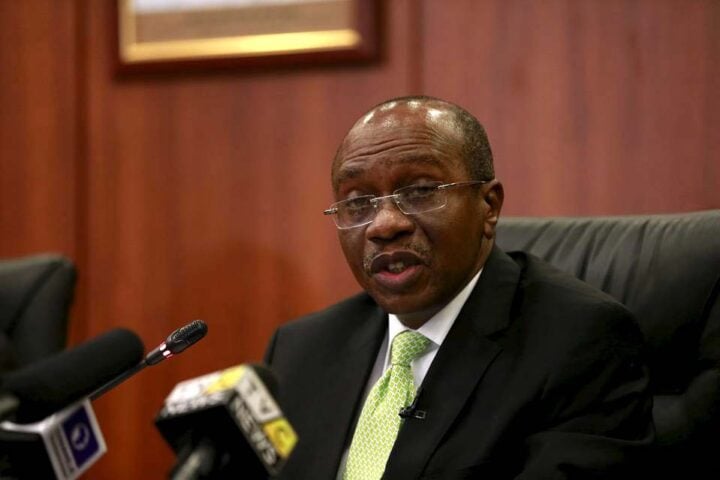Global equities, currencies, and commodities took a hit after the Federal Reserve’s decision to raise interest rates on Wednesday for the second time in a decade.
The 25-basis points increase was almost fully priced in and didn’t take market participants by surprise, but the strong reaction seen in the dollar and U.S. bond yields was due to the new projections for 2017, which showed the central bank now expects three rate hikes for 2017 rather than only two seen in September.
The first thing that would come to investor’s mind is whether the Fed fell in the same trap they did in December 2015 when they projected four rate hikes in 2016 and ended up with only one. Or now circumstances have changed with the new President.
Although Chair Janet Yellen avoided commenting on the direct impact of tax and spending plans on monetary policy, it seems that these factors did influence policy makers’ decision, otherwise little reasons were found in the economic projections to push the dots on the “dot plot” higher.
Advertisement
The Dow Jones Industrial Average fell to 19,792, after being only 34 points away from the key 20,000 level. Meanwhile yields on the front end of the yield curve rose considerably, with 2-years hitting highest levels since 2009 and 10-year yields crossed 2.5% for the first time since September 2014.
Taking these factors into consideration and the widening divergence in monetary policy it’s hard to see the U.S. dollar giving up on its gains anytime soon, meanwhile any correction from the 14-years high will only be shallow.
EURUSD today made its first attempt to test the key support level at 1.0460, and if the pair succeeded in breaking below, we expect to see a sharp selloff as many stop losses are placed below this key level and the parity could then become a matter of time. Meanwhile USDJPY is likely to continue heading into 120 for the next couple of weeks.
Advertisement
Today focus will shift to Bank of England’s final meeting for 2016. While it’s not going to be as interesting as yesterday’s Federal Reserve’s meeting, it’s still important to see if the MPC changes its tone on the wake of rising inflation expectations.
Although yesterday’s labor market report wasn’t encouraging with employment falling for the first time in a year, we have seen a broad improvement elsewhere. Average hourly earnings, consumer spending, and most PMI surveys show that the British economy is still on a solid footing. However, the biggest short term risk remains to be rising prices, and if the MPC decided to provide a slightly hawkish tone the pound is likely to receive a boost.
Add a comment






